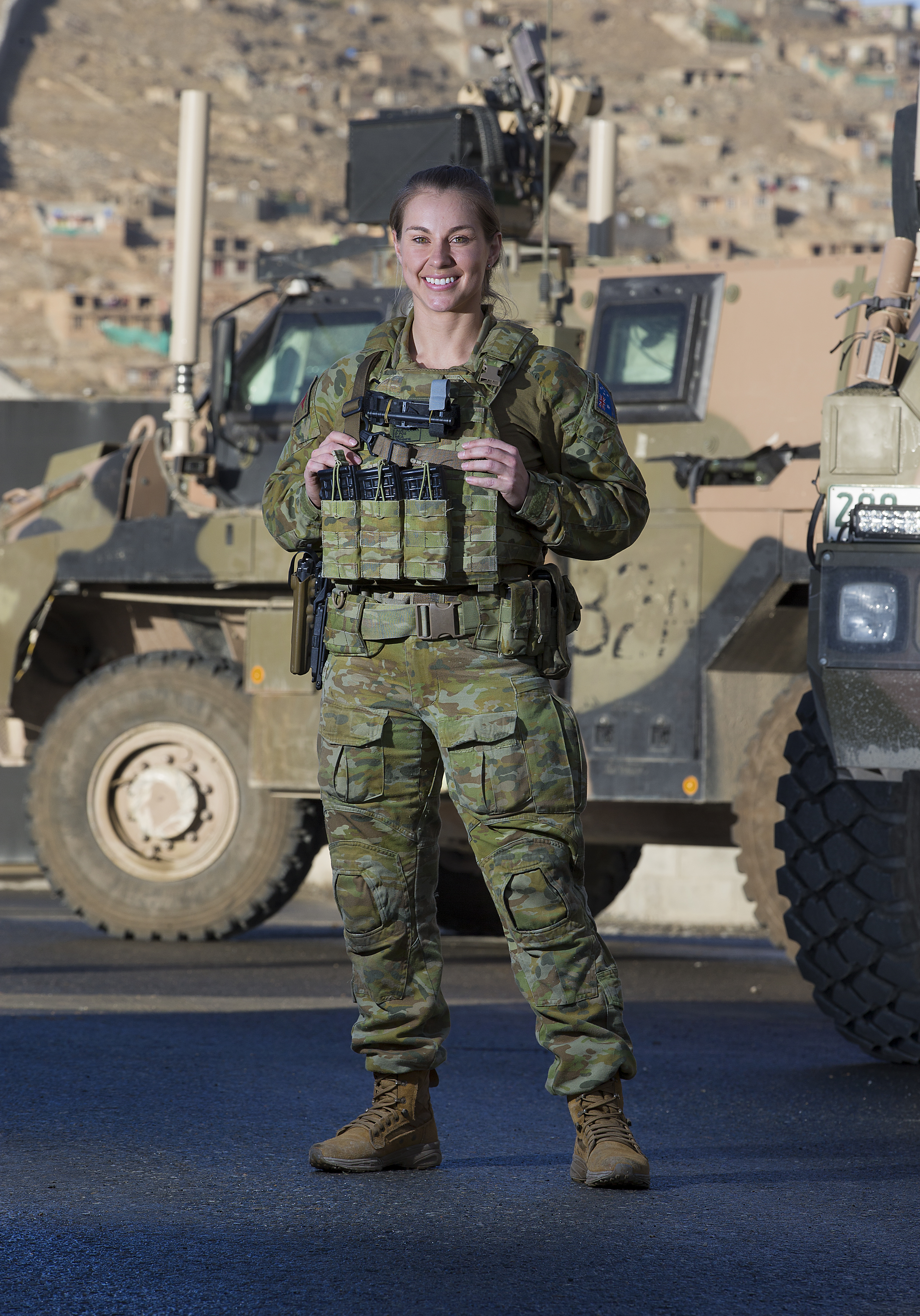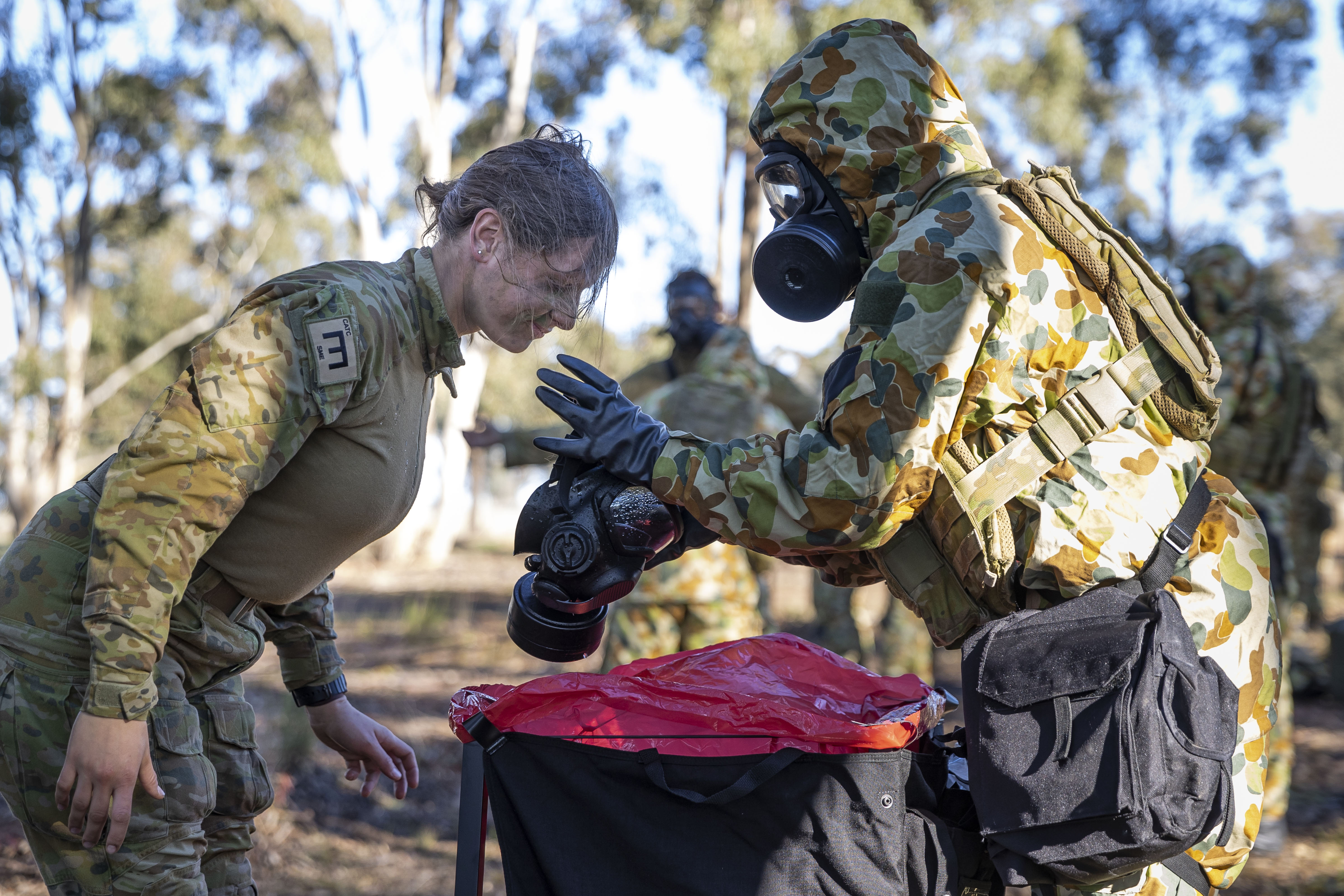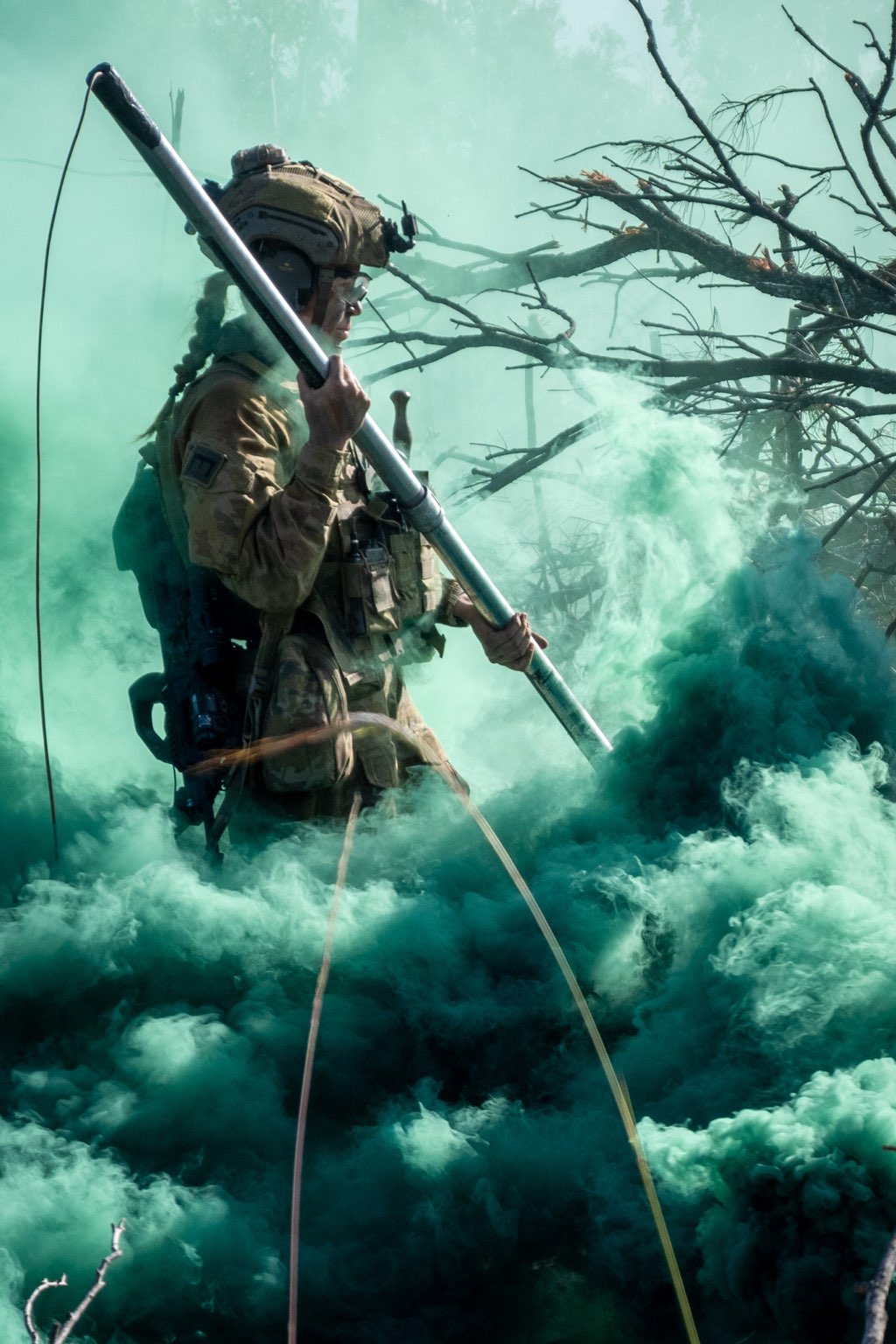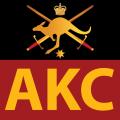This article was published in Smart Soldier 63, Feb 21.
Female in a combat trade – part 1
The ADF began lifting the restrictions on employment categories in 2013 with all ADF employment categories open to current serving ADF women since 2014. Direct entry to all combat roles has been open to women entering the ADF since January 2016. With five years of experience, now is a good time to discuss what it’s like to be a female combat soldier and how to prepare for such a role.
An RFI was sent out to Army and three members responded; two officers and a soldier from two infantry battalions and an armoured regiment. This is the first of the three articles, with the following two to be published in the following Smart Soldier publications.
This article provides interesting tips from ‘boots on the ground’, that are relevant for all soldiers, regardless of corps.
What is it like being a female combat soldier?
For starters, I am a combat soldier, not a 'female' combat soldier. My gender does not play any role in my job. The singling out for my gender is probably the only issue. I have been lucky enough to have supportive and understanding Chain of Command, reducing the burden of photo opportunities. That said, I have been more than happy to assist in tasks that I believe will encourage/show other females my job role and that it is achievable.
What are the biggest challenges for a female to be a combat soldier? How have you overcome these?
The biggest challenge I faced was proving that I could get through all of the training without special/extra assistance just like any other soldier. As the first female RAAC tank crewman there was a lot of pressure, and negativity about females going into combat roles, and it felt like eyes were always watching.
From the day I went to my ‘You Session’ at DFR and still to this day, I have had lots of different people tell me that I would never succeed. Thankfully, I am the type of person that will take negative criticism and either use it as ammunition or ignore it! Women attempting to join a combat role need to understand that they will probably experience some negativity. While having a thick skin and an ability to control your emotions helps, it is hard work, effort and ability that has got me to where I am today.

What has been the most rewarding experience/s for you as a female combat soldier?
Proving that I can do this job with no extra assistance and outdoing my fellow crewmen is always good. At IETs, a lot of emphasis was put on passing the combat physical assessments, as no female had passed them yet. Passing those was a rewarding experience and to hear that they have been removed is a huge disadvantage for soldiers to challenge and prove themselves.
Becoming a Crew Commander of a tank was the biggest achievement and most rewarding for myself as I did not think I would make it that far in my career. I got the chance to prove the doubters wrong. Being the first female JNCO for RAAC is a significant achievement and I know that I am leading the way for other females.
What do female soldiers have to do in order to prepare to be a combat soldier?
Combat jobs require a high level of physical fitness, so making sure your fitness standards are above par is essential. Aiming to do better than that person ahead of you, male or female is a goal you need to see for yourself.
I believe mental resilience should play a big part in every soldier’s preparation. But as a female going into a male dominated environment, we do need to be realistic about it and understand that we will be in the spotlight and scrutinised more. While we may be considered the ‘weaker gender’, having a strong mindset, being self-confidence and motivated can get you much further than you think.

How big a part does physical strength play in day-to-day activities of your job? What type of training is required to get to this level? Can you recommend a program?
As a tank crewman, physical strength does play a large role in our job as everything on a tank is heavy. The majority of the equipment is a two person/team lift. In saying that, you still need the strength to help or else the team fails. We work as a team and train as a team. Training in your own time outside of work is definitely encouraged and any sort of strength program will assist.
What tips do you have for being a female combat soldier out in the field?
Personal hygiene out field is very important, just using common sense and keeping clean and using every opportunity to clean is a must. Also, purely for hygiene reasons and comfort, finding the right contraceptive that works for you can help to avoid a menstrual cycle out field.
Thankfully in my job I don’t carry any weight apart from my body armour and pistol, so I don’t have any issues with weight bearing. Although the body armour can become uncomfortable on the breast region when running even with smaller breasts. Again, mental resilience plays a huge part in these aspects but also knowing your limits.
Being female in what is often otherwise a majority male team poses common challenges. What strategies have men and women found to build the respect and see the value in the gender neutral team?
It is definitely intimidating at first but once you prove to your co-workers that you are there to do the job and nothing else, they respect you. If you don’t take any handouts or special treatment and have no complaints then the men won’t have any issues.
Another issue that does arise in all workplaces is relationships between co-workers. If you choose to be in a relationship with someone at work just inform your Chain of Command ASAP and simply keep it professional and not affect how you both work from day to day.

How can you improve your performance as a combat soldier?
I wanted to fit in and be included by the boys so I attempted to be the ‘grey man’ at times, but I know that I can improve my performance by being able to stand up more often and show my leadership abilities.
What strengths does a female bring to the role of a combat soldier? Please explain why.
I believe females can bring a more analytical way of thinking and planning to situations. From my personal experience, females take time to make a variety of different plans with different outcomes. This contrasts with some male soldiers who make a plan and go with the trial and error technique. Of course, no one method is better than the other, but it might help to give an alternative up front.
Females also tend to have a more nurturing and empathetic personality which makes them more approachable when a soldier has a personal issue they need to discuss. I have been approached by many male members of the squadron that have been too uncomfortable to discuss certain issues with other superiors. A recent scenario was to do with bullying between soldiers. The bullied soldier believed that, as a female, I would deal with the situation more calmly and be a better mediator.
I have also been approached by many of the members for dating and relationship advice to get the female perspective.









